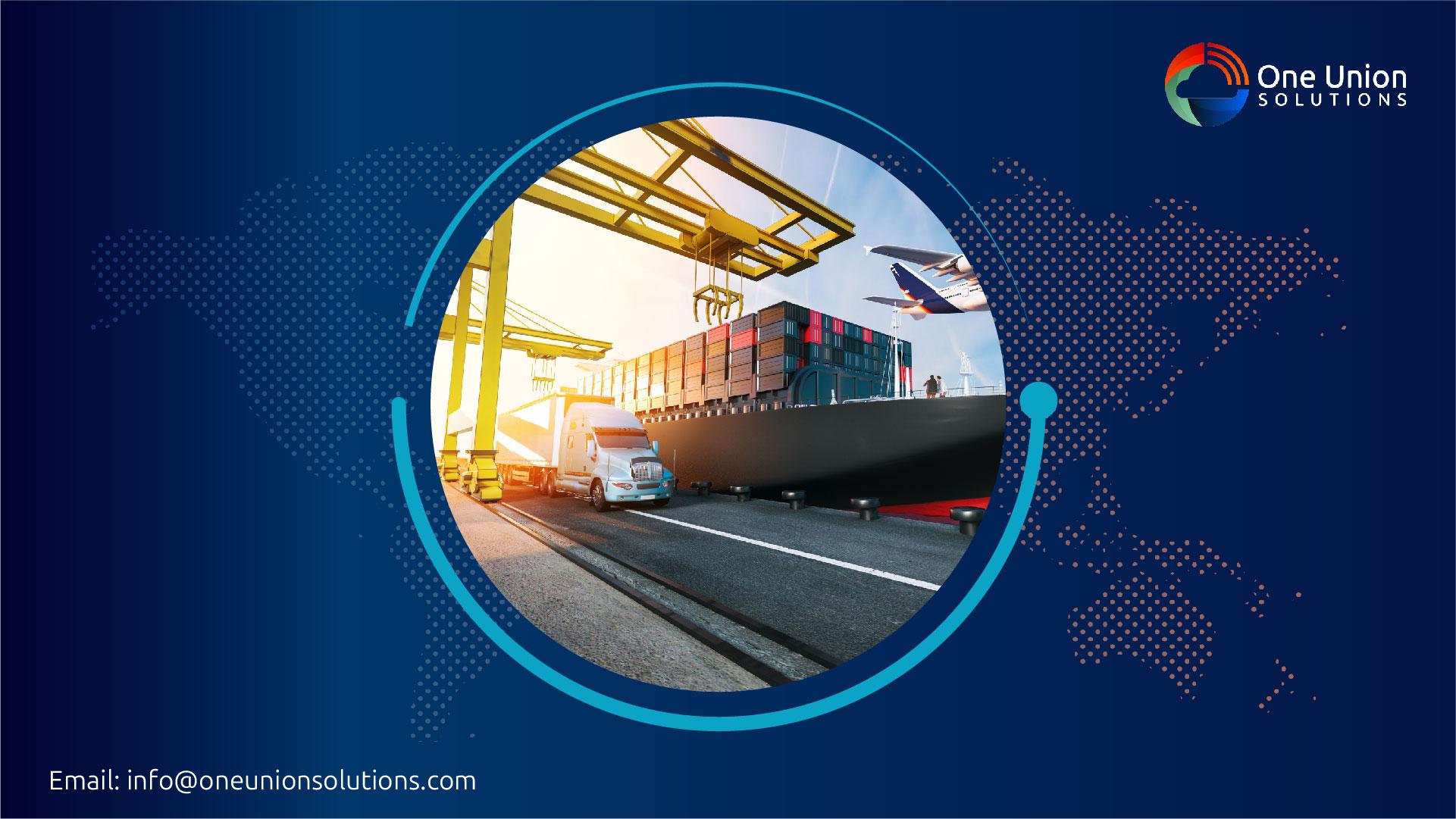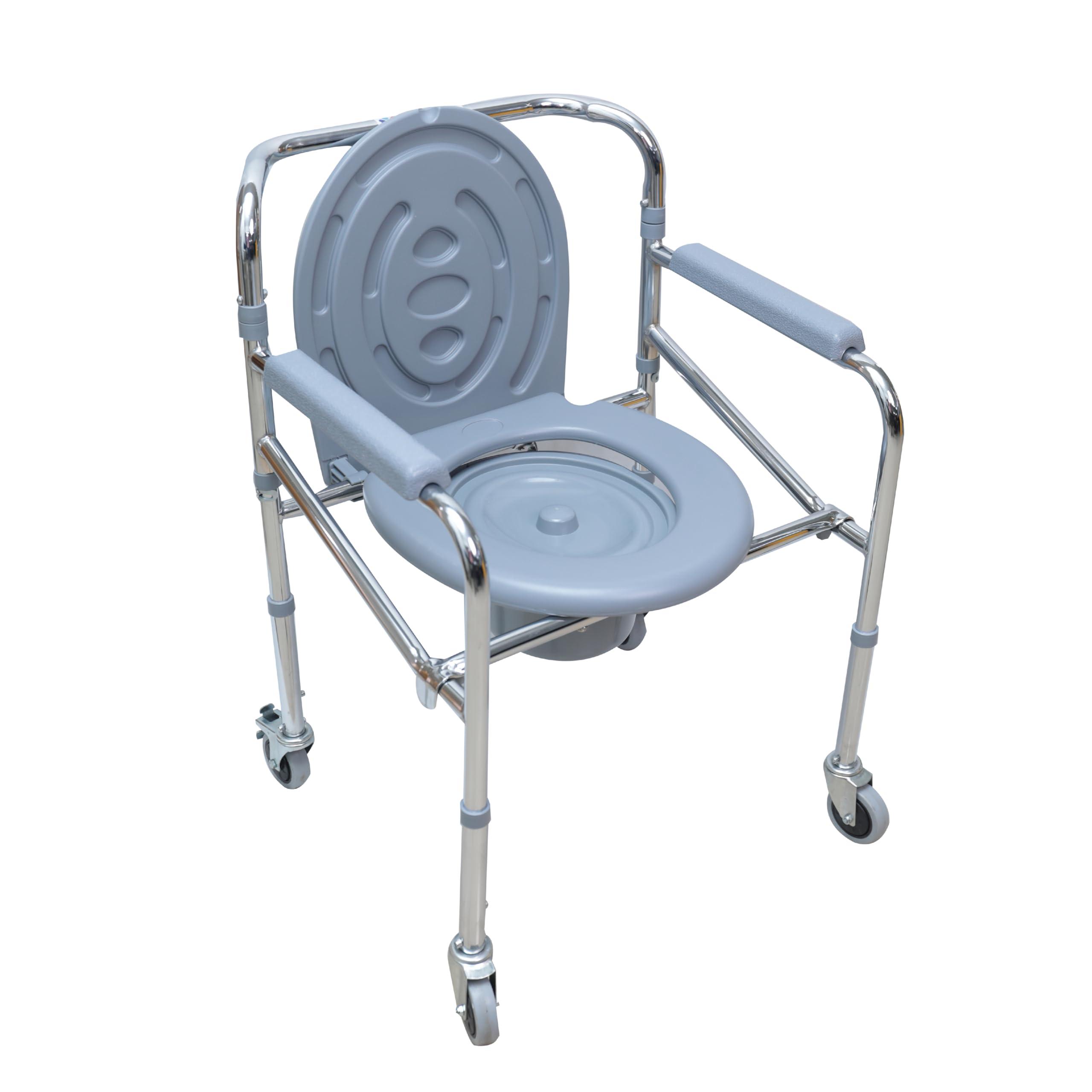Difference Between a Shipping Company and a Freight Forwarder: A Complete Guide

When businesses step into international trade, logistics becomes one of the most critical aspects of their operations. The movement of goods across borders is not as simple as putting items on a vessel—it involves regulations, documentation, cost management, and strategic partnerships. This is where the roles of a shipping company and a freight forwarder come into play. Although the two terms are often used interchangeably, they serve distinct purposes. At One Union Solutions, we often help companies untangle this difference to make better logistics decisions.
Understanding the Basics
Before diving into the difference between a shipping company and a freight forwarder, it helps to understand their core functions:
-
Shipping Company (Carrier): A business that physically transports goods from one place to another via sea, air, rail, or road. Think of companies like Maersk (ocean), FedEx (air/ground), or Union Pacific (rail). They own or operate the vessels, planes, or trucks.
-
Freight Forwarder: A logistics expert who acts as an intermediary, arranging the transport of goods using multiple carriers. Freight forwarders don’t usually own the transport vehicles; instead, they negotiate rates, manage paperwork, and ensure goods move smoothly from origin to destination.
https://oneunionsolutions.com/glossary/
Key Differences Between Shipping Companies and Freight Forwarders
1. Ownership of Transport Assets
- Shipping Company: Owns ships, planes, or trucks. They are responsible for physically moving cargo.
- Freight Forwarder: Does not own transport assets; instead, they coordinate with different carriers to design the best route and method for your goods.
Example: If you’re exporting electronics from the U.S. to Europe, a shipping company will provide the container and vessel. A freight forwarder, on the other hand, will book space with that shipping company, arrange customs clearance, and handle last-mile delivery.
2. Scope of Services
- Shipping Company: Focused primarily on transportation. Their responsibility begins when goods are loaded and ends when they are delivered.
- Freight Forwarder: Offers end-to-end services—transport booking, warehousing, packaging, documentation, and customs brokerage. They are like project managers for your cargo.
3. Documentation and Compliance
Navigating the paperwork in international trade can be overwhelming.
- Shipping Company: Provides transport documents such as the Bill of Lading (B/L) or Airway Bill.
- Freight Forwarder: Handles broader compliance, including the Importer of Record Number, customs declarations, and guidance on decoding the HTS Harmonized Tariff System. They also help businesses understand the definition of Harmonized System codes, ensuring accurate classification of goods to avoid penalties.
4. Flexibility in Shipping Routes
- Shipping Company: Usually sticks to predefined schedules and routes.
- Freight Forwarder: Offers flexibility by combining multiple carriers or routes to meet deadlines, reduce costs, or avoid bottlenecks.
5. Who They Serve
- Shipping Company: Works with clients who already know their logistics requirements and only need transport.
- Freight Forwarder: Caters to businesses that need complete logistics support, especially small and medium enterprises new to global shipping.
Why the Distinction Matters
Confusing a freight forwarder with a shipping company can lead to costly mistakes. If you only work with a shipping company but fail to prepare customs documents, your shipment could get stuck at the border. On the other hand, if you rely solely on a freight forwarder without understanding carrier terms, you might overpay for freight costs.
At One Union Solutions, headquartered at 2108 N ST STE N, SACRAMENTO, CA 95816, we bridge this gap by offering tailored logistics support. Whether it’s securing an Importer of Record Number, decoding complex tariff systems, or ensuring your cargo is shipped on time, we simplify global trade for businesses of all sizes.
Real-World Example
Consider a U.S.-based apparel brand expanding into Ethiopia. They need to move textiles from India, thread from China, and final products into Ethiopia.
- A shipping company would transport the goods along each leg of the journey but wouldn’t coordinate between suppliers, customs, or local delivery.
- A freight forwarder, however, would arrange the entire supply chain—booking space on ships, managing customs clearance with correct HS codes, and ensuring timely delivery to warehouses in Ethiopia.
The result? A smoother, cost-effective, and compliant process.
Conclusion
The difference between a shipping company and a freight forwarder lies in scope, responsibility, and expertise. Shipping companies move goods, while freight forwarders manage the process end-to-end. Both are essential, but knowing when to use each ensures efficiency and compliance in international trade.
If your business is expanding globally and you’re unsure how to navigate customs, logistics, and compliance, One Union Solutions is here to help. From decoding tariff codes to managing shipments across continents, we act as your trusted partner in global trade.
One Union Solutions
2108 N ST STE N, SACRAMENTO, CA 95816
Your partner in simplifying global logistics.







